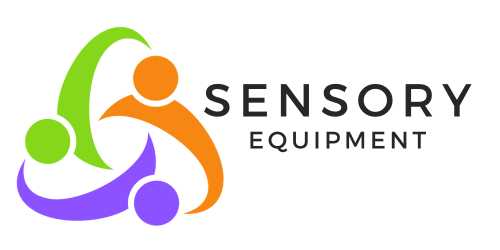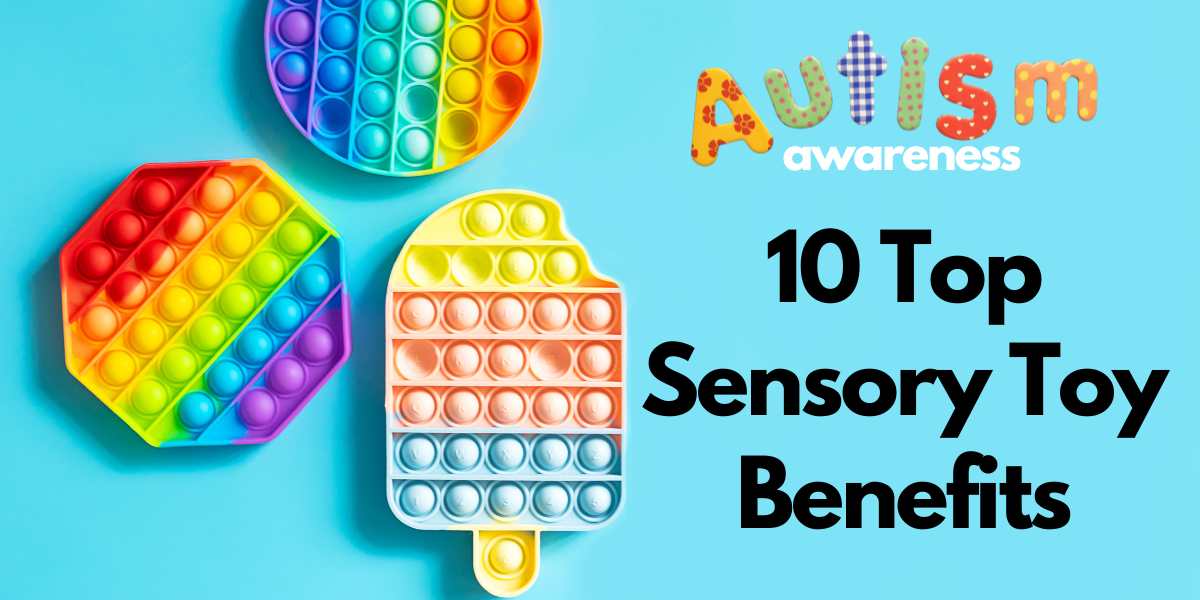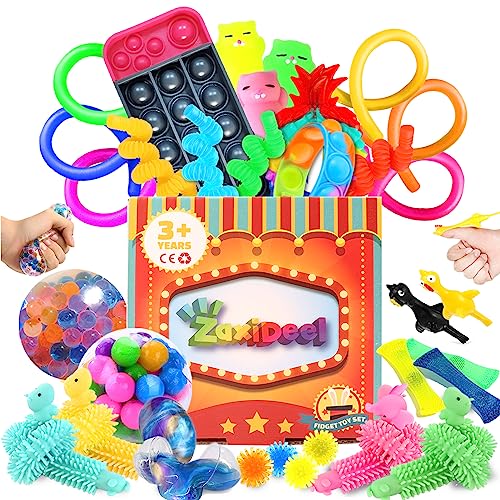Sensory toys play a vital role in supporting children with autism. These toys offer a myriad of benefits, aiding in sensory exploration, self-regulation, and social interaction. Below, we outline the top advantages of sensory toys for children with autism, concluding with the essential considerations for selecting appropriate sensory toys for each child’s unique needs.
Top 10 Benefits of Sensory Toys for Children with Autism:
- Sensory Stimulation: Sensory toys provide a diverse range of textures, colours, and tactile experiences, helping children with autism explore and understand their sensory preferences.
- Stress Reduction: These toys can alleviate anxiety and stress by offering calming and soothing sensory experiences, promoting relaxation.
- Self-Regulation: Sensory toys assist children in learning to self-regulate their emotions and sensory responses, leading to improved emotional control.
- Communication Skills: Some sensory toys encourage non-verbal communication, making it easier for children with limited verbal abilities to express themselves.
- Fine Motor Development: Many sensory toys require fine motor skills to manipulate, promoting hand-eye coordination and fine motor development.
- Focus and Attention: Sensory toys help children with autism improve their concentration and attention span by providing engaging and enjoyable activities.
- Social Interaction: Certain sensory toys can be used in group settings, fostering social interaction and cooperative play among children with autism and their peers.
- Sensory Integration: Sensory toys assist in sensory integration therapy, helping children process sensory information more effectively and reduce sensory overload.
- Sensory Exploration: These toys encourage children to explore and experiment with various sensations and textures, promoting curiosity and learning.
- Improved Routine Management: Sensory toys can aid caregivers by serving as helpful tools in managing daily routines for children with autism, making care-giving tasks more manageable.
Summary:
In summary, sensory toys are not only tools for enhancing sensory experiences but also invaluable aids in improving emotional regulation, fine motor skills, and social interaction for children with autism. It’s essential to select sensory toys that are appropriate for the child’s age and sensory preferences, as every child with autism is unique and may have different sensory sensitivities and interests. Consulting with a paediatric therapist or specialist can help tailor the choice of sensory toys to the specific needs of the child, ensuring the best possible support and development.








